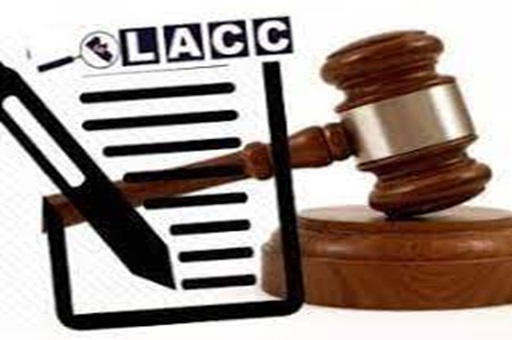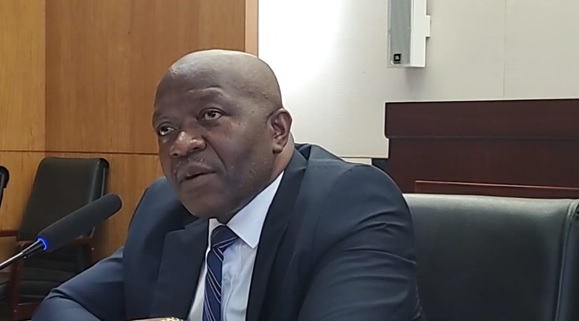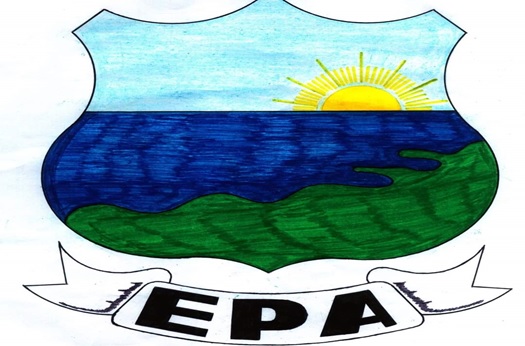MONROVIA, LIBERIA – The Liberia Anti-Corruption Commission (LACC) on Thursday, September 5, 2024, exposed a concerning lack of compliance among high-ranking government officials in declaring their assets. According to the LACC, 17 Senators and 10 Representatives have failed to declare their assets over the past nine months, despite repeated warnings and a grace period extended from August 1 to August 31, 2024.
Notable figures among the Senators include Senate President Pro Tempore Madam Nyonblee Karnga Lawrence, Alex J. Tyler, Simone Taylor, Botoe Kanneh, Zoe E. Pennue, Thomas Y. Nimely, and Joseph Jallah. Other high-profile names such as Bill Twehway, Saah Joseph, and controversial figure Prince Y. Johnson are also on the list of non-compliance.
From the House of Representatives, non-compliant members include Dixon W. Sebo, Yekeh Kolubah, Samuel R. Enders, Thomas P. Fallah, and Julie Fatorma Wiah, among others. The revelation has sparked outrage among Liberians, who view asset declaration as a critical step in ensuring government transparency and accountability.
Cllr. Alexandra Kromah-Zoe, Chairperson of the LACC, lamented the disappointing trend, stating that while the number of declared assets initially stood at 26.5%, it has now risen to 53.5%. Of the approximately 1,900 public officials required to declare their assets, only 1,008 have complied. More concerning is the fact that out of the 500 appointments made by President Joseph N. Boakai, a mere 75 government officials have declared their assets—an alarming compliance rate of just 15%.
The lack of adherence to asset declaration laws raises questions about the commitment of Liberian officials to good governance. Asset declaration is a vital tool for monitoring public officials’ wealth and detecting potential cases of illicit enrichment or conflicts of interest. By refusing to declare their assets, these officials are not only violating the law but also betraying the trust of the Liberian people.
This glaring failure undermines the credibility of the government and poses a significant threat to public confidence in Liberia’s institutions. The perception that some government officials see themselves as above the law, acting with impunity, is troubling for a country that continues to grapple with corruption and mismanagement.
The LACC’s report includes a list of other high-profile government officials who are yet to declare their assets, including Julius M. Sele, Eugene L. Fahngon, Major General Daniel Ziankahn, and Ambassador George Wallace, among others. The non-compliance of such influential figures raises further concerns about accountability at the highest levels of government.
President Joseph N. Boakai now faces mounting pressure to enforce the asset declaration laws strictly. Public expectations are growing for the imposition of sanctions on those who fail to comply, sending a clear message that transparency is not optional. Without immediate and decisive action, the President risks further eroding the public’s trust in his administration.
There is also an urgent need for broader public education on the importance of asset declaration. Liberians must be aware of their right to demand accountability from their leaders and ensure that those in power are held to the highest standards of integrity.
The LACC’s revelation is a wake-up call for Liberia. If the country is to make progress in its fight against corruption and build a transparent and accountable government, asset declaration must be enforced without exception, and those who violate the law must face the consequences.







